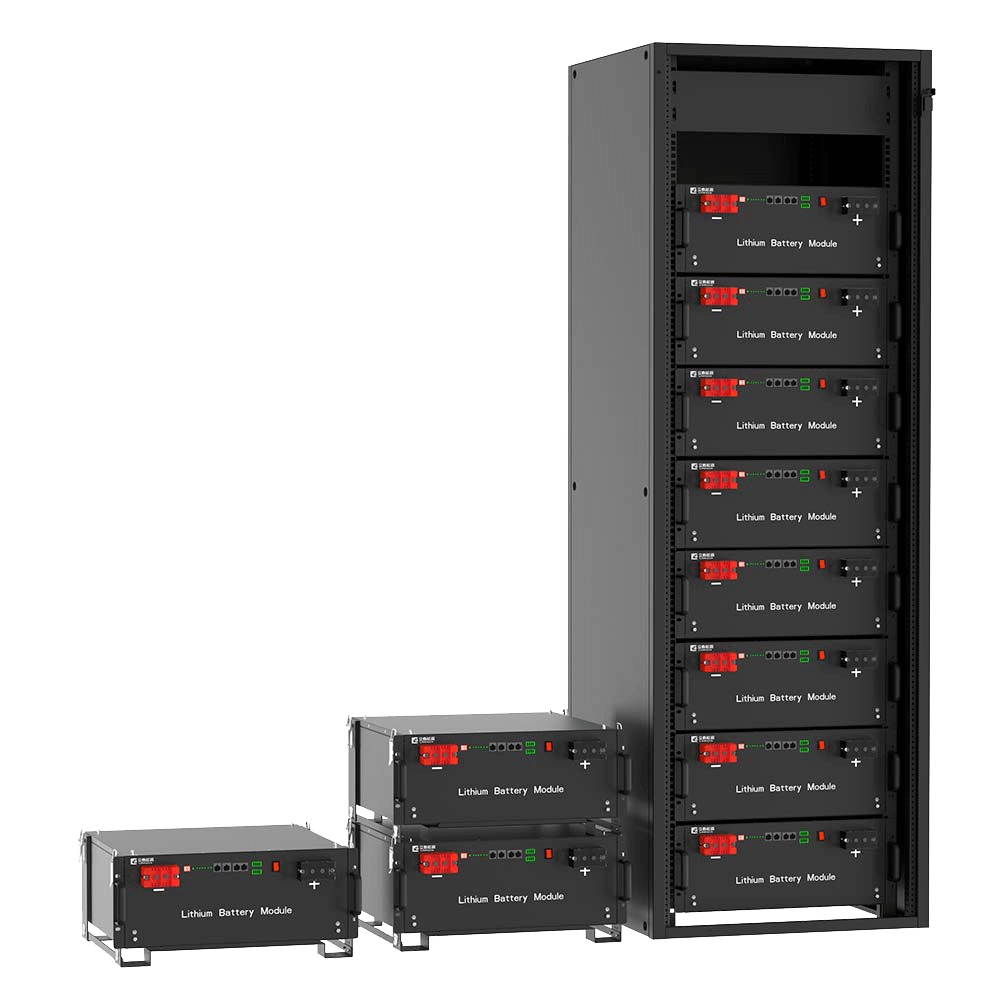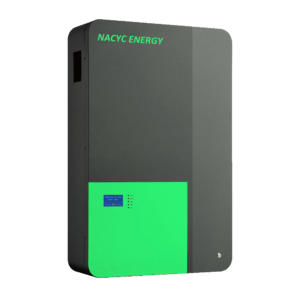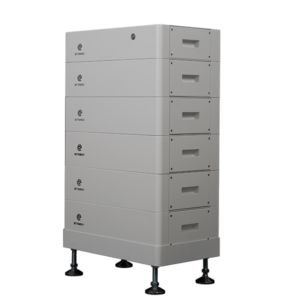48V Lithium Ion Battery – Rack-mounted
The RM48L, a pioneering 48V Lithium Ion Battery, is redefining residential energy storage. This high-capacity, rechargeable battery is designed to meet the growing demands of modern homes, providing a reliable and sustainable energy solution. Its compatibility with various systems, low cost, and ease of maintenance make it an attractive choice for homeowners seeking to harness solar energy efficiently.
With its robust design and advanced technology, the BT-RM-48 ensures optimal performance and longevity. It stands out in the market for its superior energy density, minimal energy loss, and strong temperature adaptability, making it suitable for a wide range of climatic conditions. Whether it’s powering daily home appliances or serving as a backup during power outages, it delivers consistent and uninterrupted power, enhancing the quality of life while contributing to a greener future.
4.8-9.6kWh
Rated Capacity
6000+
Charging Cycles
15 PCS
Max. Parallels
10 Years
Product Warranty
Built-in BMS
Ensures optimal performance and safety with integrated Battery Management System.
Safe & Stable
Engineered for safety; prevents overcharging, overheating.
Compact & Cost-Saving
Long lifespan, energy-efficient, reduces environmental impact
Wide Compatibility
Seamlessly integrates with various systems, enhancing versatility and applicability.

Technical Specification
| ITEM | SPEC |
|---|---|
| Nominal Voltage: | 48V |
| Nominal Capacity: | 100/200AH |
| Kilowatt-hour(s): | 4.8/9.6kWh |
| Dimension: | 482*420*178/484*590*178mm |
| Weight: | 48/77KG |
| Cell Type: | LFP |
| Recommended Charge Current: | 50A |
| Maximum Charge Current: | 100A |
| Recommended Discharge Current: | 50A |
| Maximum Discharge Current: | 100A |
| Maximum Parallels | 15 |
| Communications: | CAN/RS232/RS485 |
| Life Cycles: | 6000+ |
| Design Life: | 20 Years |
| Warranty: | 10 Years |
| Certifications: | CE, IEC, UN38.3 |
Frequently Asked Questions
DOD refers to how much a battery can be used relative to its total capacity. Higher DOD means more usable energy. This lithium battery's DOD is as high as 90%, compared to 50% of traditional lead acid batteries.
Pros of low-voltage batteries include lower cost, easy maintenance, and better compatibility. They are more affordable, require less effort to maintain, and work well with various systems.
However, there is a drawback. When the accumulative current in the system becomes too large, it can potentially lead to safety and efficiency issues.
But for residential storage systems below 20kWh, low-voltage batteries are a more balanced and economical choice.
The lithium battery is designed for longevity, offering over 20 years of reliable service with good maintenance and favorable ambient conditions.
kWh stands for kilowatt-hour, a unit of energy representing the power of one kilowatt running for one hour. The duration a 4.8kWh battery can last depends on the load it's powering. For example, if you're using appliances that total up to 480 watts, the 4.8kWh battery would last for approximately 10 hours. However, for a 960-watt load, it would last about 5 hours. The actual duration can vary based on efficiency and other factors.
- Regular Charging: Avoid complete discharges. Charge the battery regularly without letting it drop to 0%.
- Optimal Charge Levels: Maintain charge levels between 20% and 80% to reduce stress and extend battery life.
- Ambient Temperature: Store and use the battery in moderate temperatures, avoiding extremes of heat or cold.
- Proper Storage: If not in use for extended periods, store the battery at a 50-60% charge in a cool, dry place.
- Avoid Fast Charging: Unless necessary, avoid fast charging as it can increase the battery's temperature and wear it out faster.






